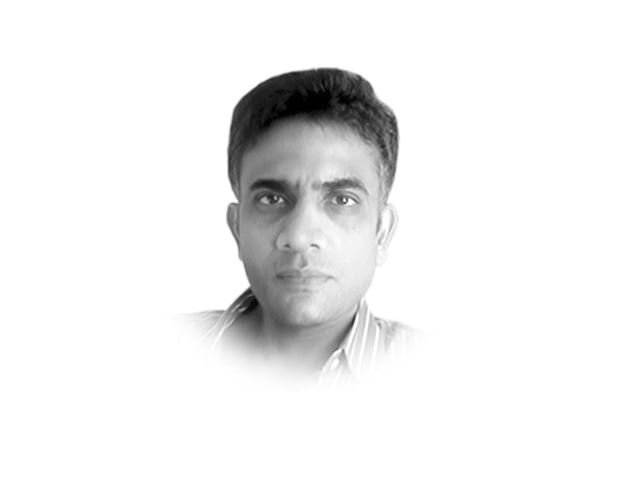Socrates, Cleon, Kejriwal
Can Kejriwal's idea for direct democracy survive the Cleons, or share the Socrates fate for opposing it?

What exactly is direct democracy? We know because the Greeks had it. Aristotle described it in The Athenian Constitution. Basically, every decision, whether executive or legislative, was taken by direct vote.
Athens was a direct democracy because with only 50,000 citizens, it had little diversity and was manageably small. But even there, since it wasn’t practical for all citizens to vote every day, only a few voted on a given day. These were chosen by lot (picking out a number or a colour from a pot) and by neighbourhood in rotation. Every citizen was equal and equally qualified.
Aristotle described how government servants, military generals and court jurors (there were no judges) were elected and picked randomly by lot.
Socrates had a problem with this. “In a storm, would you decide a ship’s captain by lot?” is his constant question in Plato’s dialogues. The answer is obviously no.
In the modern state, foreign affairs is the domain of experts, not popular opinion. This is because international relations are conducted in a snakepit with no rulebook.
Economics requires expertise, not collective wisdom. Interest rates, excise duties and deficits cannot be determined by popularity. Neither can income tax rates and their method of collection in a culture where morality is low and tax theft is common if not normal. If I remember it right, Kejriwal himself paid his own taxes tardily and after a stern notice.
Direct democracy is also susceptible to demagoguery and the passion of the mob (which in India is quick to form). The comic playwright Aristophanes had a favourite target, the demagogue Cleon, who kept pressing Athens to continue its ruinous war with Sparta.
Will India resist her Cleons, of whom we have many? I doubt it. Gujarat’s voters continue to vote for a party whose ministers are being convicted of mass slaughter.
Democratic opinion is not always infallible.
After the battle of Arginusae in 406 BCE, the Athenians executed their own generals after a vote in anger. The mercenary and historian Xenophon, who recorded this, said the Athenians then regretted the action. Socrates fought in that battle and was influenced by the wickedness of the citizen voters. He constantly asked if direct democracy had merit, angering those in power and resulting in his trial.
It was a jury of a few hundred Athenian men that convicted Socrates and instructed him to commit suicide. The charge against him was corrupting the young, but writer IF Stone in his Trial of Socrates showed that the execution was actually for opposing direct democracy.
Ultimately, everyone fell out of love with direct democracy and it produced a backlash that changed history.
Aristotle went on to tutor Alexander, who dismantled what remained of the democracies of Thebes and Athens. He then conquered and left colonised for centuries the area covering Turkey, Egypt, Syria, Palestine, Israel, Iraq, Iran, Afghanistan and some of Central Asia before being beaten back in Punjab.
Plato himself detested direct democracy as much as Socrates did. He had no faith in the mob’s wisdom. His Republic was the opposite of direct democracy. A Nazi-style supremacist state that had no place for individual freedom or even poetry. His last work, Laws, the only one without Socrates in it, was softer and less totalitarian.
All systems have been tried and all have failed before the wisdom of democracy with elected representatives, which India already has.
Published in The Express Tribune, October 7th, 2012.















COMMENTS
Comments are moderated and generally will be posted if they are on-topic and not abusive.
For more information, please see our Comments FAQ